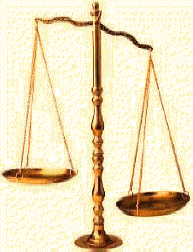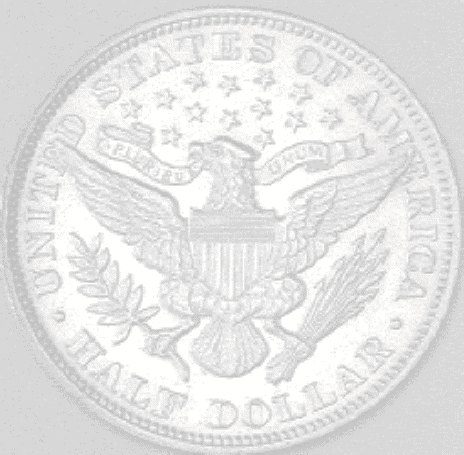
|
|
||
|
|
|
|
|
|
||

-42-
FOR BETTER OR WORSE:
Contempt
When the army of "Mad" Anthony Wayne was given paper "money" as “payment" --paper drawn on "the faith of the United States," the soldiers refused it although they had not received wages for months. The camp was littered with the notes; after all, they were good only to be thrown away. At one point, it required 82,500 paper "dollars" to “buy" a suit of clothes (Preston, 181-82). *
* Is it possible to "buy'' a thing when the medium used for exchange has no intrinsic value, but is "just a piece of paper?" Is this not fraud committed by mutual agreement?
In May 1779, two regiments of Connecticut troops revolted on account of bad "pay” (White, 141).
Fraud
Fraud was rampant. Public
morals were corrupted and the sense of right and wrong was deadened
(White, 134). Flour collected for the army was not forwarded because
there was no "money" to pay teamsters. Some remained in storage until it
spoiled. Some arrived too late or too early, and was left on the ground
exposed to the weather (White, 142).
Beef cattle were allowed to wander away. Collections
were made and not reported.
In August 1780, George Washington sent word to a
body of militia not to come to his aid because he could not feed them.
General Nathaniel Greene had many soldiers who could not leave their
tents because they were naked (White, 142-43).
Oppression
Congress recommended to the states that they impress horses and wagons. In Pennsylvania, so many were impressed that the country people stopped bringing fuel into towns. Many Virginians sent their teams over the mountains into North Carolina. Other people made it a practice to hide a wagon wheel and thus to render it useless. Teamsters who had been impressed often threw out their loads at the wrong places. Others took them and did not return. When Admiral De Grasse was sailing into Chesapeake Bay with his fleet, Alexander Hamilton wrote General Greene that public credit was so totally lost no one would furnish aid even in the midst of impending ruin (White, 143-44). Had the states been honest in their economic dealings and had used a just weight and measure, such a state of affairs could have been averted.
Luxury
Benjamin Franklin wrote, "The extravagant luxury of our country in the midst of all its distresses is to me amazing” (White, 147). George Greene observed,
Every form of wastefulness and extravagance prevailed in town and country, nowhere more than in Philadelphia under the very eyes of Congress --luxury of dress, luxury of equipage, luxury of table (Greene).
Luxury always prevails in the
midst of economic chaos. Consider the fact that if a man acquired 1,000
"dollars" of debt and was permitted to "pay" 100 "dollars" in coin, he
would have 900 "dollars" to squander. Thomas Paine wrote, "What we
obtain too easily, we esteem too lightly." Such "money" is not the
result of hard work, therefore its possessors feel free to give parties,
ride fast horses, and to wear expensive clothes (White, 147).
Prosperity that is brought about by paper "money" is
but a false prosperity. It is a prosperity of deceit, and will exist
only so long as the imagination will allow it to exist.
